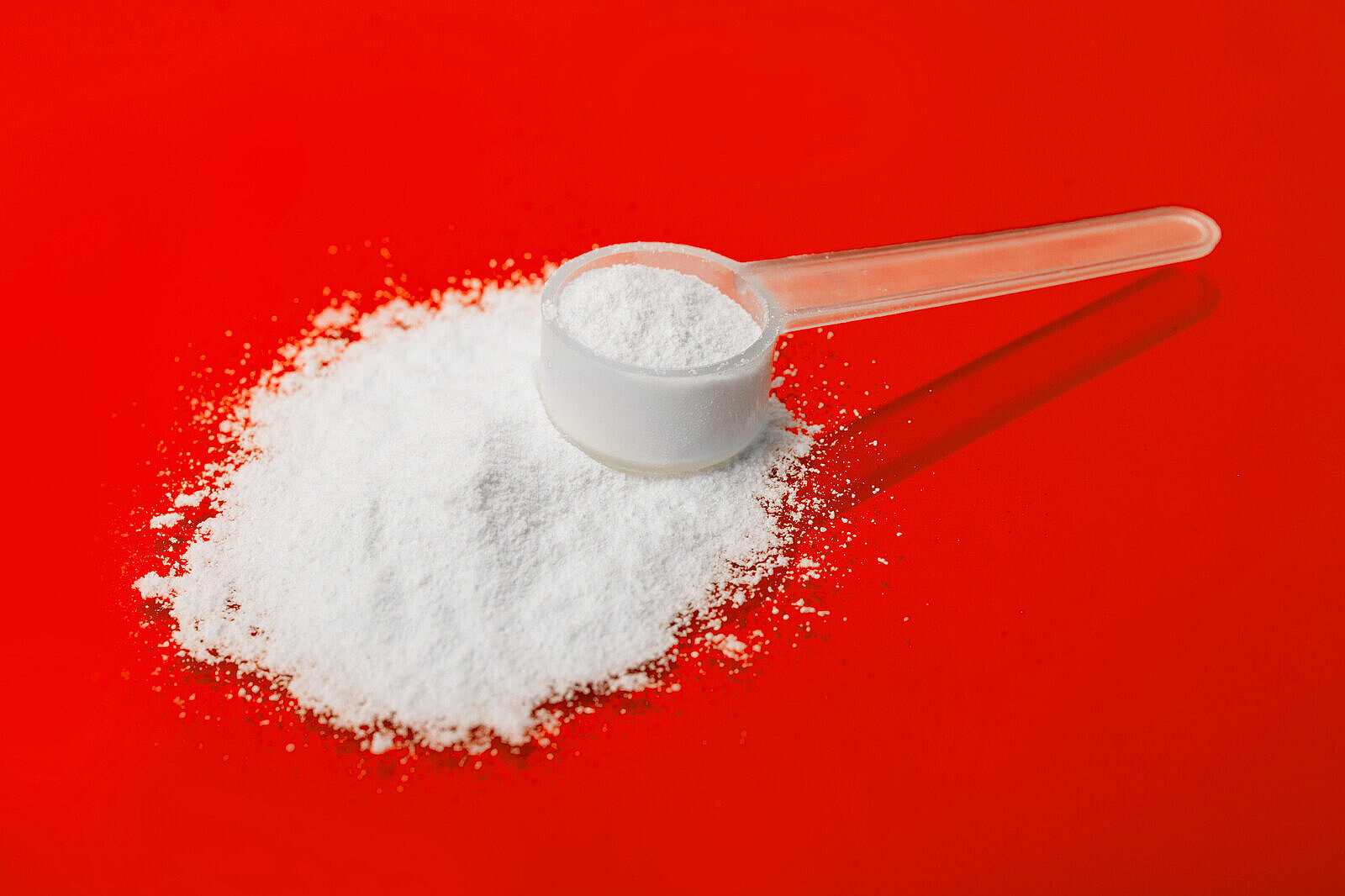Magnesium gluconate

The supply of essential minerals plays a fundamental role in the comprehensive consideration of our dogs' nutrition. Magnesium gluconate, a lesser known but highly relevant form of magnesium supplementation, deserves special attention. This article takes a deep dive into the world of magnesium gluconate, highlighting its properties, benefits and potential drawbacks, and how it can support the health of our four-legged companions.
What is magnesium gluconate?
Magnesium gluconate is formed when magnesium combines with gluconic acid. This form of magnesium is characterized by moderate bioavailability, which means that it can be easily absorbed and utilized by the body. In the context of dog health, magnesium gluconate offers an effective way to support and regulate the magnesium balance without the risks of too rapid absorption or overdosing.
The importance of magnesium for dogs
Magnesium is a vital mineral for dogs, just as it is for humans, and supports numerous bodily functions. It is crucial for muscle and nerve function, supports heart health, is involved in the synthesis of proteins and promotes a healthy immune system. An adequate supply of magnesium is therefore essential for the overall health and well-being of our dog.
Benefits of magnesium gluconate
Moderate absorption
The moderate absorption of magnesium gluconate ensures that the dog's body can utilize the magnesium efficiently without causing a rapid overdose.
Support for muscle and nerve function
Magnesium gluconate contributes to normal muscle and nerve function, which is particularly important for active and older dogs.
Promotion of heart health
Magnesium has a positive effect on heart health. Magnesium gluconate can help to reduce the risk of heart problems.
Improving the immune system
Adequate magnesium intake can boost the immune system, helping to make your dog less susceptible to illness.
Disadvantages and precautions
Gastrointestinal problems
In some dogs, magnesium gluconate, especially in high doses, can cause gastrointestinal discomfort.
Interactions with medication
As with many dietary supplements, magnesium gluconate also poses the risk of interactions with certain medications.
Overdose
Although overdose is less likely with moderate absorption, dosage should still be carefully monitored to avoid adverse effects.
A balanced approach to magnesium supplementation
Magnesium gluconate offers an effective and safe way to support your dog's magnesium supply. Its moderate absorption minimizes many of the risks associated with other forms of magnesium supplementation, while promoting important health benefits. However, as with any supplement, it is important to find the right dosage and consider potential interactions with other medications.
If you notice any signs of hypersensitivity or poisoning in your dog, you should see your vet immediately. We are not a substitute for a vet, but we try to be as accurate as possible. Every dog reacts differently and we recommend you get a second opinion or consult your vet if in doubt.
Stay healthy and take good care of your four-legged friend!😊
Similar to Magnesium gluconate
Magnesium citrate is a compound that is formed when magnesium oxide reacts with citric acid. This combination makes it a magnesium salt that is valued in animal nutrition for its good solubility and...
Magnesium lactate is formed by combining magnesium with lactic acid and is known for its excellent bioavailability. This form of magnesium is easily absorbed by the body, making it a preferred...
Your dog needs a sufficient amount of magnesium every day to stay healthy and productive. The recommended daily dose is around 10 to 12 milligrams per kilogram of body weight. Magnesium can be...
Why do dogs need magnesium oxide? Magnesium is a vital mineral for dogs that is involved in many metabolic processes. Magnesium supports the function of nerves, muscles and bones and is important for...



